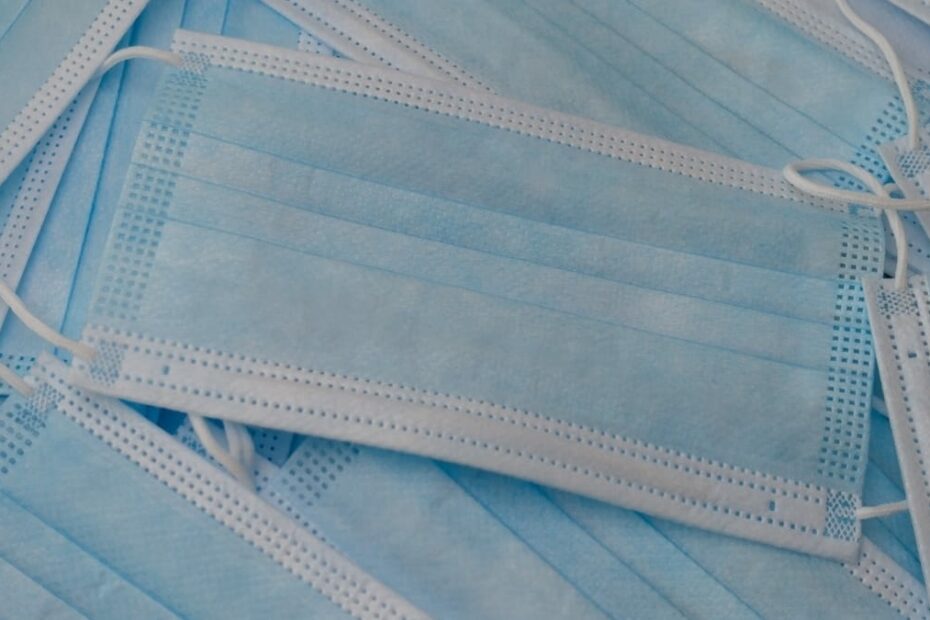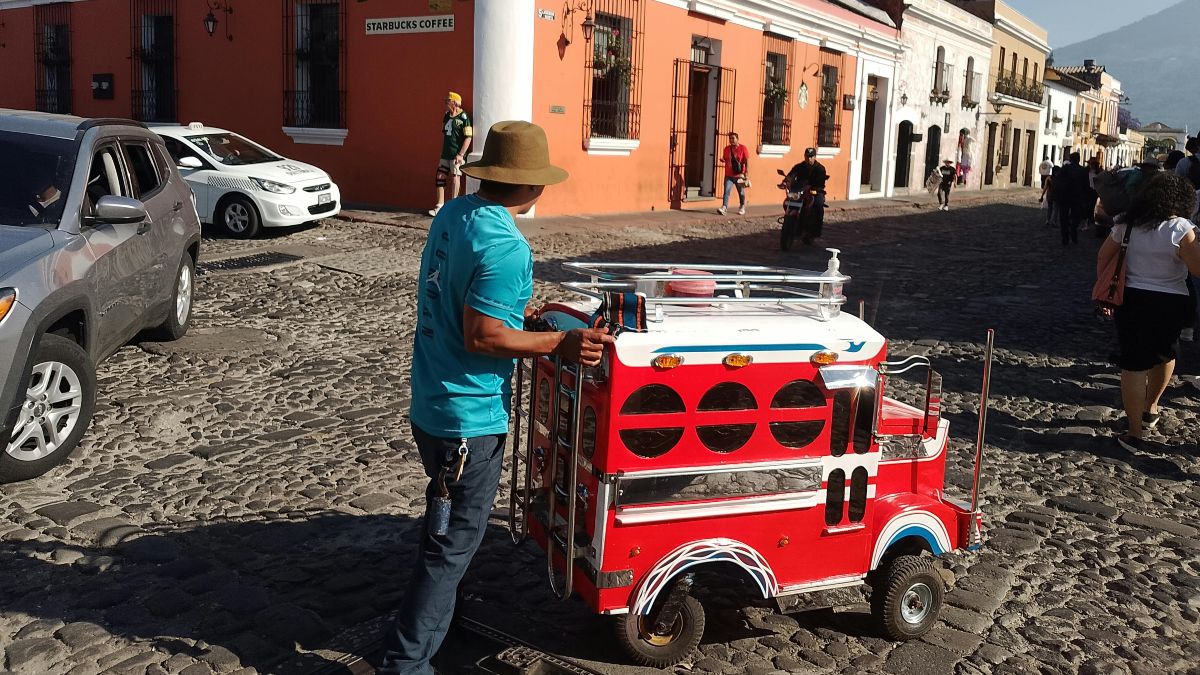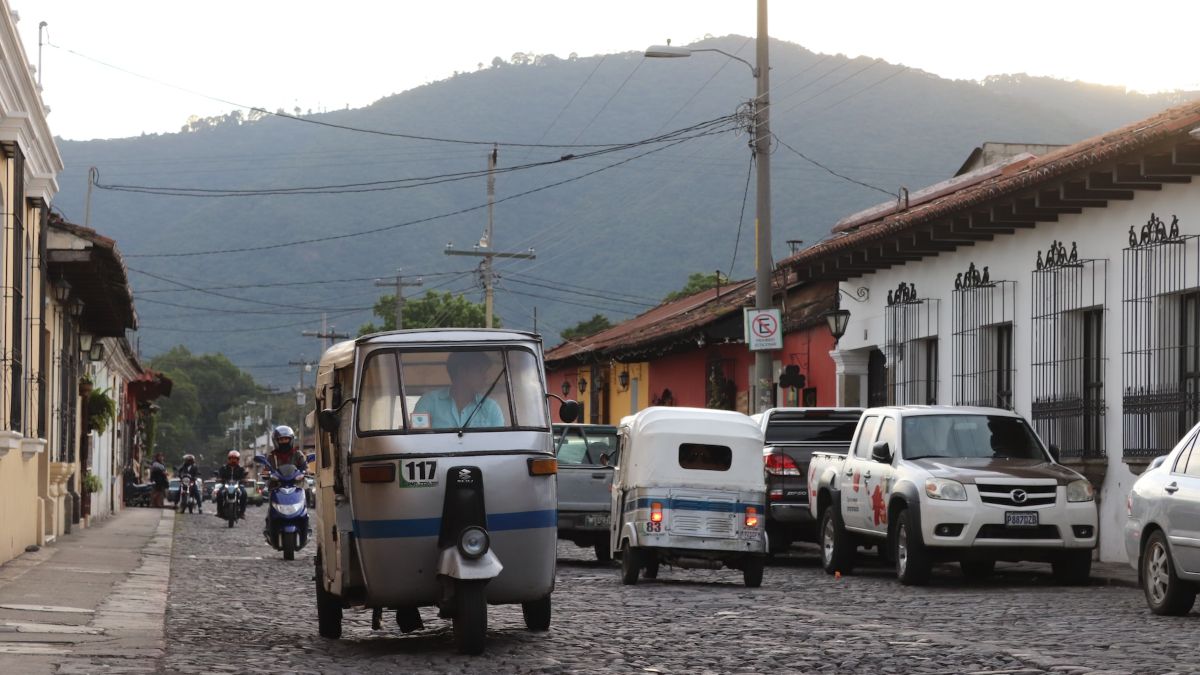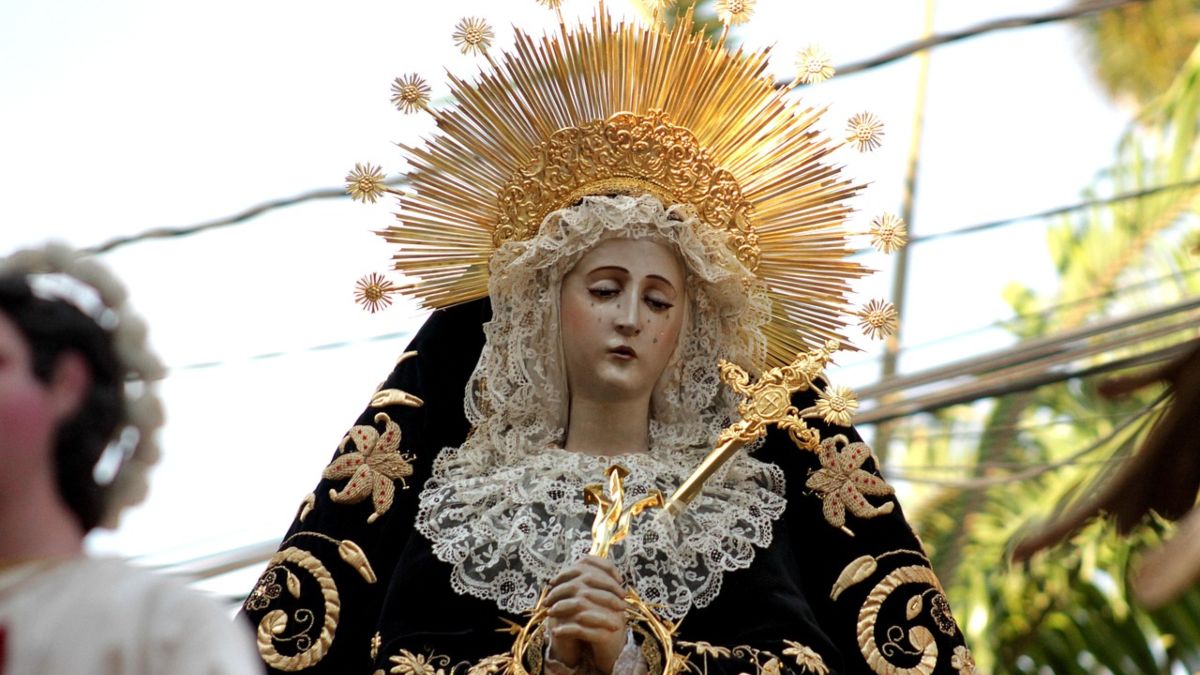An overview of the new Guatemala Covid restrictions that went into effect this week, under the guise of a “State of Prevention”.
This week, the government of Guatemala approved a new series of restrictions to combat rising Covid cases in the country. Guatemala lifted national Covid restrictions last October, when it ended its “State of Calamity”, although regional restrictions around the country have come and gone.
The new, nationwide “State of Prevention” is now in effect and will last for at least two weeks, until July 28. We take a look at the new restrictions facing Guatemala right now.
1. More stringent rules on alcohol sales:
There’s now a ban on the sale and marketing of fermented or distilled alcoholic beverages from 6:00 PM to 6:00 AM. Drinking in public spaces during this time is also prohibited. The government defines a “public space” as the following:
- Public roads, parks, etc.
- Commercial establishments open to the public (restaurants, bars, clubs, hotels, supermarkets, grocery stores, etc.).
2. Outdoor meetings limited:
Meeting venues where social distancing isn’t possible are now prohibited. Other venues must follow mask mandates and biosecurity measures.
3. “Unauthorized demonstrations” suspended:
Given the current political situation in Guatemala, where anti-government protests are common, this ruling is controversial.
Critics see the State of Prevention as a way of curbing the right to protest. Jose Miguel Vivanco from Human Rights Watch called out President Giammattei, saying he didn’t respect the rights of Guatemalans to protest.
For their part, the government say they will allow protests as long as they’re authorized. But it’s hard to see them ever authorizing a protest against themselves. This week, Giammattei effectively blamed protesters for the rise in Covid cases in the country.
El presidente de Guatemala amenaza con estado de prevención para impedir movilización de ciudadanos que exigen su renuncia. @DrGiammattei claramente no está dispuesto a respetar el derecho a la protesta pacífica. https://t.co/VdLNLtxvzZ
— José Miguel Vivanco (@JMVivancoHRW) July 12, 2021
4. Vehicle restrictions:
Vehicles whose drivers or passengers don’t follow “sanitary measures” cannot circulate or park in “places/areas” during “hours that may affect or endanger the life and safety of people, as well as the operation of public services.” It’s unclear exactly what this means.
5. Masks:
Masks are mandatory in any public space, whether that’s state/municipality-run or private. This includes public transport and the street. Bottom line – wear a mask at all times unless at home. Non-compliance over mask wearing is subject to criminal prosecution.
Mask exemptions include those under the age of two, and anyone with medical condition certified by a doctor.
6. Social distancing:
Social distancing rules are back in play, with Guatemalans needing to stay at least 1.5 meters away from each other.
7. Hand washing:
You must wash your hands on a frequent basis with antibacterial soap. Hand gel must contain at least 60% alcohol.
It’s difficult to escape from the supposition that this “State of Prevention” is purely political.
Hand washing, social distancing, and mask-wearing rules all stink of a desperate government whitewashing over the botching of its vaccination program. Patronizing Guatemalans and blaming them for government failings.
Guatemala has by far the lowest percentage of its population vaccinated in Central America. The vaccination program has been fraught with problems and accusations of corruption. Blaming protesters for the current Covid spike under these circumstances is ludicrous.
Even Giammattei’s own vice-president, who has become a major critic of the administration, agrees.
Vice-president Guillermo Castillo voted against the State of Prevention, saying it wasn’t necessary to create a law telling people to wash their hands.
“We need a State of Vaccinations, not a State of Prevention,” he said.



